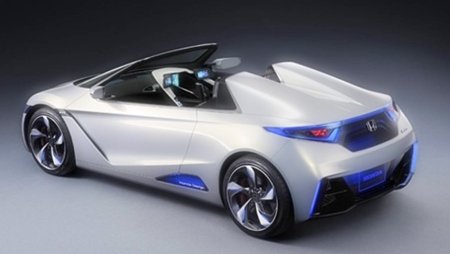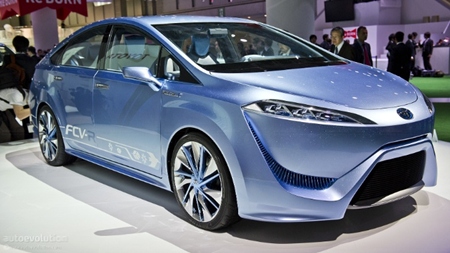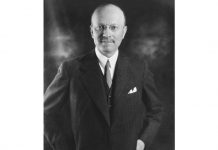The Tokyo Motor Show showed that the Japanese motor industry is still caught between the different fuels that are available. Electric is the most popular alternative energy, but hydrogen is still there, as are hybrids.
The Tokyo models were leaning heavily towards making EVs city cars with models such as the Toyota FT-EV III having a range of only 100 km. Rather better (but still not enough) was the Honda EV-STER which has a range of 160 km.
 Honda EV-STER
Honda EV-STER
Toyota, the leader in the hybrids globally, showed another energy source with its hydrogen vehicle the Toyota FCV-R which has a reputed range of 700 km, though for hydrogen cars there’s a long way between hydrogen filling stations.
The stumbling blocks for the EV’s remains the range and the charging time. The biggest EV worry was in terms of driving range (66 percent), followed by convenience to refuel/recharge (60 percent) and purchase price (56 percent). The range expected by the majority was over 300 km between charges, with the charges expected to take less than two hours.
 Toyota FCV-R
Toyota FCV-R
This recent study in Australia by the consulting firm Deloitte shows that fuel prices need to reach about B. 78 per liter before 71 percent of Australians would consider buying or leasing an EV.
Even more telling was the fact that 54 percent would be much less likely to consider an EV if a conventional internal combustion engined model of their choice averaged 4.7 L/100 km in fuel consumption (the economy expected of our eco-cars), while 76 percent said they would be less interested in EVs if economy from their preferred internal combustion engine vehicle was 3.0 L/100 km. These are fuel consumption figures that are attainable now.
The findings also showed that consumer expectations of EVs in terms of pricing, driving range and battery recharging times far exceed the first wave of EVs now available such as the Mitsubishi i-MiEV, Nissan Leaf and Renault Fluence ZE.
Deloitte automotive and manufacturing partner Damon Cantwell said “The results highlight that until electric vehicles address issues around charge convenience, range and vehicle cost, consumers will continue to focus more on (conventional) small to mid-size cars.”




